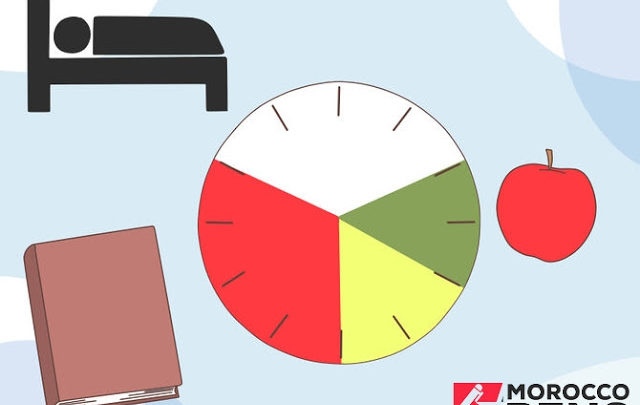
How to
How to Be Able to Study Well
If you have an exam coming up but have so many distractions, can’t concentrate properly or just don’t know how to revise or study well, then read on to pass that test!
-
Set up a reasonable study schedule. This will help you feel relaxed as you study, and never have to do too much at once. Take breaks every 15 minutes to 1 hour, depending on your attention span and amount of homework.
-
Find a quiet, comfortable place to study. Choose a place with space so you can organize your books and papers and spread out as much as you need to. Make sure you have everything you need—books, notes, paper, and pencils. If you’re in your room, consider hanging a sign on the door such as “Studying. No interruptions please.”
- Look for a place where you’re unlikely to have other people walk past and start talking to you. Try bedrooms, reading nooks, quiet places outdoors (e.g. yard, garden, park), or libraries.
- Consider using blankets, cushions, or stuffed animals to make the place feel more comfortable.
- If you are hungry, bring a snack (or eat beforehand). It’s easier to study on a full stomach.
-
Get rid of all distractions and turn off any devices (TV, laptop, phone). It’s difficult to concentrate if you’re constantly interrupted by notifications or keeping one eye on the TV screen. Studies show that students who don’t have distractions get higher grades.
-
-
Use different studying techniques to learn the information. The variety will help you commit the information to memory. Here are several ways to study:
- Create flashcards. Writing the flashcards will help you remember, and so will quizzing yourself.
- Ask another person to quiz you. They can use flashcards or your notes.
- Offer to teach someone about the subject matter. For example, if your little sister loves science, offer to explain the concepts you need to study for your physics quiz. The teaching process will help you solidify your knowledge, identify gaps in what you know, and give your sister material to impress her friends with her advanced knowledge of science. Everyone wins.
- Color-code your notes, and draw pictures or diagrams to help you remember concepts.
- Write a quiz on the subject that covers all the important material. Then test a willing victim (friend, parent, sibling) and see how they do.
- Studies show that if you write something down, say it out loud, and then read it in your head 5 times, you will remember it well.
-
Consider choosing a reward to motivate yourself. For example, “If I get in 4 study sessions of half an hour each today, then I’ll get cookies after supper.”
- You can break a snack into a system of mini-rewards. For example, “For each paragraph I translate, I’ll eat one apple slice with caramel.” Thus, if your brain tells you to reach into that bowl or plate of food again, you’ll have to accomplish something small first. Harness your hunger to get yourself to keep studying.
- Trade study time for free time. For example, 30 minutes of studying earns you 30 minutes of time to draw or take a walk. You can use tokens as a visual representation of time earned.
- Parents may be willing to offer rewards as well. If you love your dad’s milkshakes, you can strike a deal to get a milkshake if you memorize your flashcards by 6 pm. Many parents feel happy to do something if it’ll help their children succeed academically.
-
-
A good way to memorise. Read a little from a textbook or your notes before going to sleep and as soon as you wake up because it will make the information memorable.












